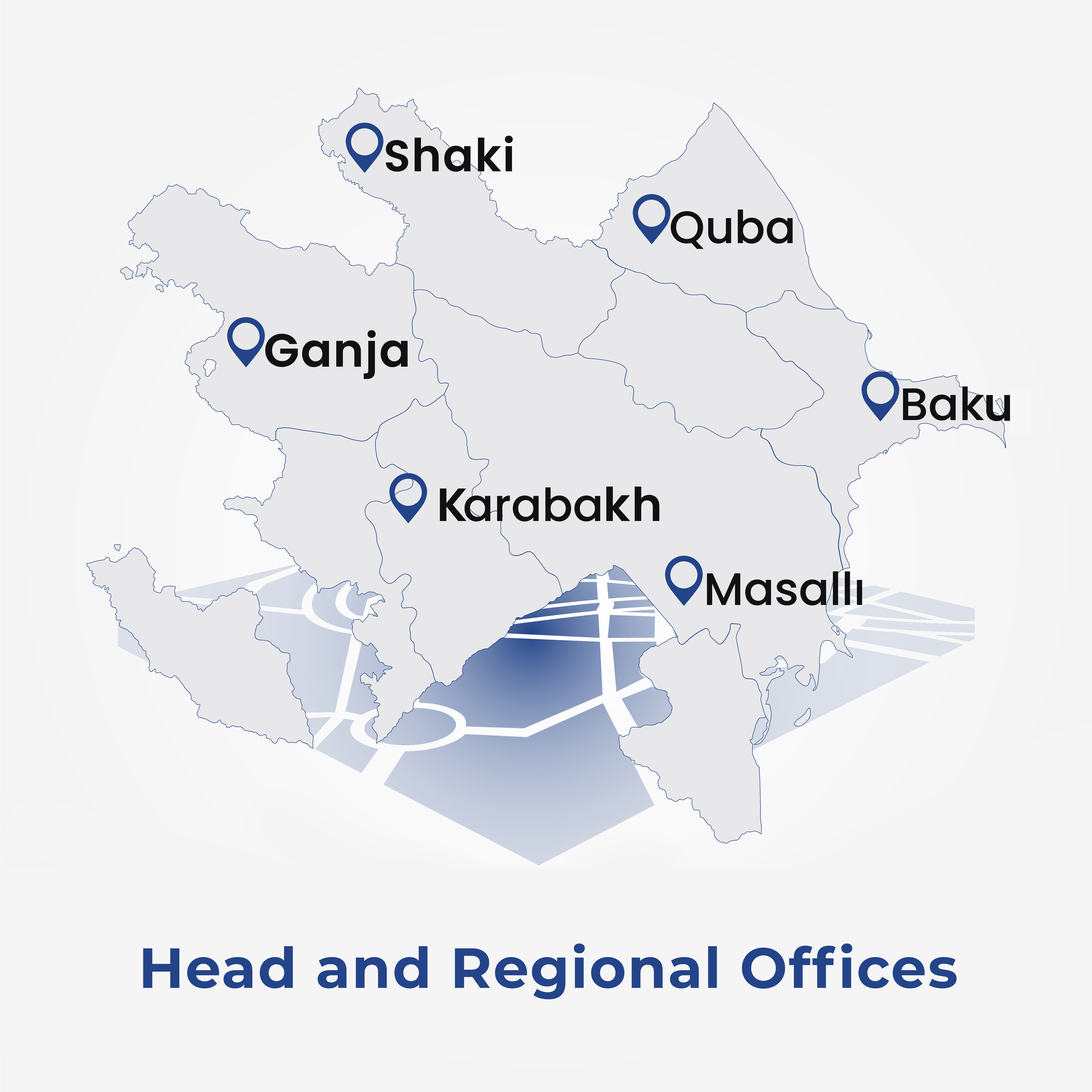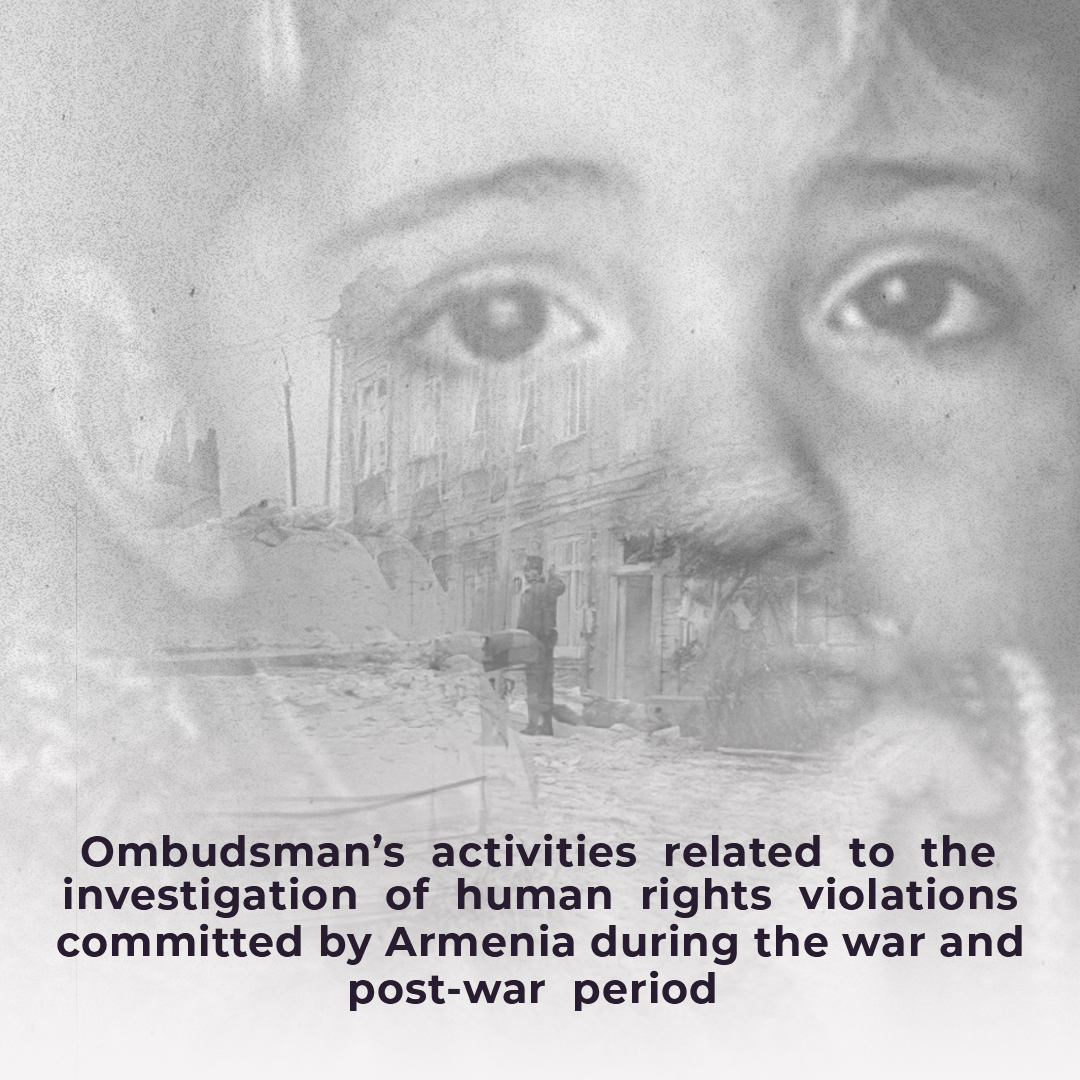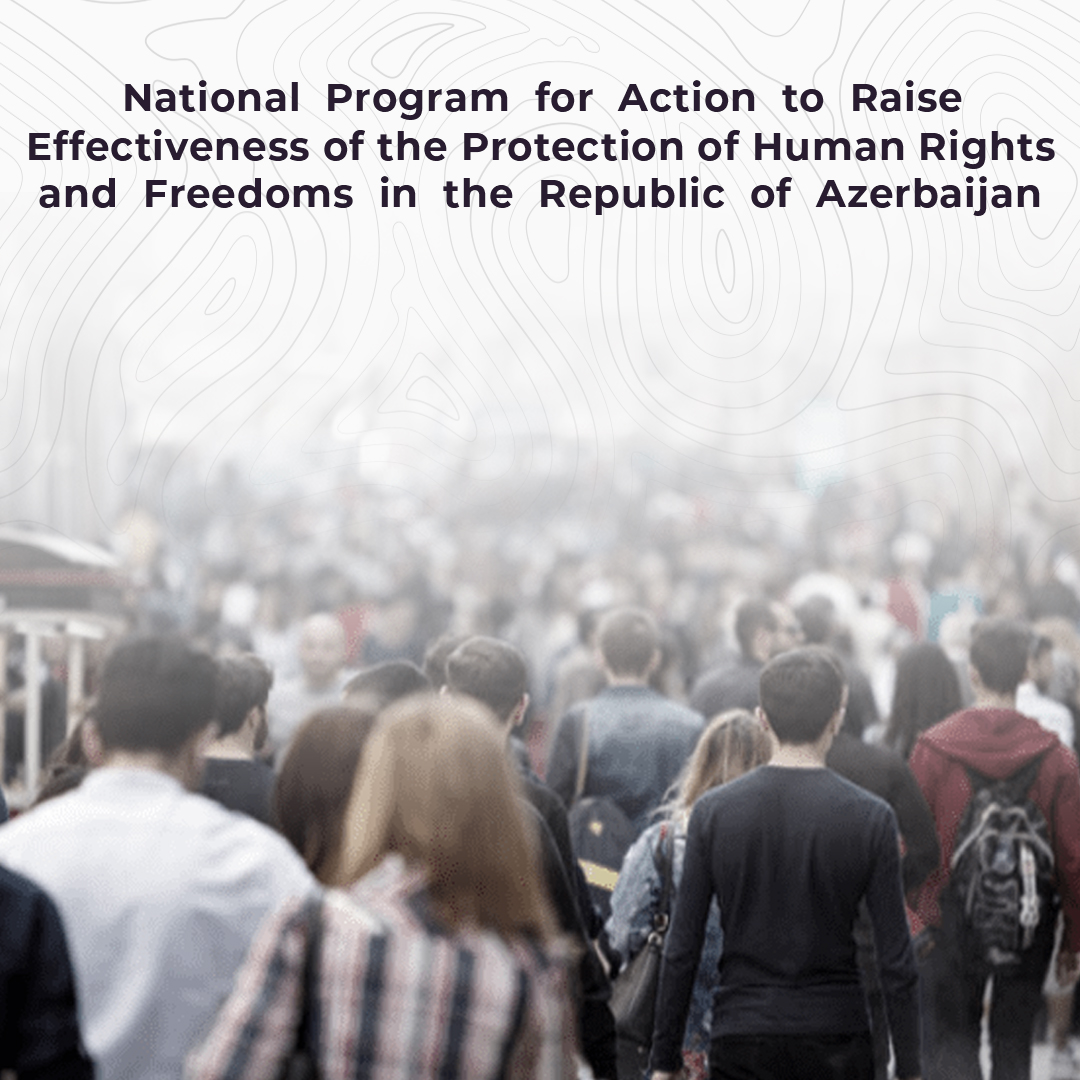
- Home page
- Commissioner
-
Activity Directions
- Mental Health and Human Rights
- Protection of the Rights of Population Groups
- Protection of the Right to Information
- Independent Monitoring Mechanism
- Legal Education
-
International Cooperation
- Cooperation with international organizations
- Cooperation with non-governmental organizations
- Study visits
- Projects
- Statements addressed to the international organizations
- “Ad hoc” reports
- Parallel and alternative reports submitted to the UN Treaty Bodies
- Oral and written statements submitted to the UN Human Rights Council
- Memorandums of cooperation
- Baku Declarations of Ombudspersons
- International Baku Forum
- Scientific Analytical Work
- Cooperation with Public and Civil Society Organizations
- Business and Human Rights
- National Preventive Mechanism Against Torture
- Protection of Human Rights
- Documents
- Media
- Live
- Contact
- Home page
- Commissioner
-
Activity Directions
- Mental Health and Human Rights
- Protection of the Rights of Population Groups
- Protection of the Right to Information
- Independent Monitoring Mechanism
- Legal Education
-
International Cooperation
- Cooperation with international organizations
- Cooperation with non-governmental organizations
- Study visits
- Projects
- Statements addressed to the international organizations
- “Ad hoc” reports
- Parallel and alternative reports submitted to the UN Treaty Bodies
- Oral and written statements submitted to the UN Human Rights Council
- Memorandums of cooperation
- Baku Declarations of Ombudspersons
- International Baku Forum
- Scientific Analytical Work
- Cooperation with Public and Civil Society Organizations
- Business and Human Rights
- National Preventive Mechanism Against Torture
- Protection of Human Rights
- Documents
- Media
- Live
- Contact
Call center
916
STATEMENT by the Commissioner for Human Rights (Ombudsman) of the Republic of Azerbaijan on handing over the maps of mines planted by Armenia in the liberated areas of Azerbaijan
As the Commissioner for Human Rights (Ombudsman) of the Republic of Azerbaijan, I, once again express my concern about the minefields in the liberated areas of Azerbaijan, which constitute a threat to the lives, health, and safety of people.
The 44 day-war between Armenia and Azerbaijan had ended according to the tripartite Statement among Armenia, Azerbaijan and Russia signed on November 10, 2020, and the territories of Azerbaijan subjected to the military occupation of Armenia for nearly 30 years were liberated.
The cities, dwellings, and villages in the liberated areas were almost destructed by the armed forces of Armenia, also hundreds of thousands of landmines were planted in those areas. Landmines can remain active and pose a serious risk for decades. In general, the presence of landmines not only threatens the right to life, but also prevents the return of IDPs to those areas, and significantly slows down the recovery and development process.
After the cessation of active hostilities, dozens of servicemen and civilians were killed or wounded by landmines. Incidentally, since the end of the conflict, more than 140 people have been affected by landmines and other explosive devices, and 27 people have been killed as a result of mine explosions.
As the Ombudsman, I have repeatedly raised concerns about the refusal of Armenia to provide maps of landmines planted in the occupied territories of Azerbaijan before international human rights organizations.
Armenia, on the other hand, many times refused to share minefield maps under the pretext of not having such maps and caused dozens of innocent people to die or lose their health in gross violation of the norms and principles of international law and humanitarian law.
As is well known, on June 12, 2021, humanitarian action was carried out to hand over 15 Armenian servicemen detained in Azerbaijan to Armenia in exchange for Armenia’s providing Azerbaijan with the maps of 97,000 anti-tank and anti-personnel mines in the Aghdam district.
The fact of planting about 100,000 different types of mines in only one liberated district of Azerbaijan, as well as the official statement made by the acting Prime Minister of Armenia Nikol Pashinyan during the meeting with his voters in the frame of the election campaign in the city Yeghvard, about that the mine map presented to Azerbaijan is a small part of those maps, have once again demonstrated how well-founded our ongoing concern to international organizations is.
By planting mines in the liberated territories and refusing to provide maps of the mined areas, Armenia violates the principle of prohibition of indiscriminate attacks under international humanitarian law, the requirements of Additional Protocol I to the 1949 Geneva Conventions, and demonstrates obvious disrespect to the international community by officially declaring this.
For the sake of the protection of the lives and health of innocent people and ending human rights violations, I strongly urge for rendering minefield maps of other liberated areas and call on all relevant international organizations to take urgent action within their mandates.
Sabina Aliyeva
The Commissioner for Human Rights
(Ombudsman)
of the Republic of Azerbaijan
June 14, 2021
- National preventive mechanism against torture
- Protection of the rights of population groups
- Protection of the rights of refugees, IDPs and migrants
- Protection of the rights of detainees and prisoners
- Protection of the rights of military servants
- Protection of women's rights and provision of gender equality
- Protection of child rights
- General
- Legal awareness
- Protection of the rights of older people
- Protection of the rights of persons with disabilities
- Cooperation with public and civil society
- National preventive mechanism against torture
- International cooperation
- Non-Governmental Organizations
- Public hearings
- Mass media
- Business and Human Rights
- Protection of the rights of martyrs' families and war veterans
- Protection of the rights of migrants
- Prevention of discrimination and ensuring equality
- Right to information
- Mental health
- .
-

- The Ombudsman participated in the International Conference on “Artificial Intelligence and Human Rights: Opportunities, Risks and Visions for a Better Future” in Qatar.
-

- The Ombudsman sent letter to UN High Commissioner for Refugees regarding protection of rights of persons deported from Armenia.
-

- A representative of the Ombudsman Office took part in an event organized by the Ministry of Energy.
-

- The Ombudsman’s representatives participated in the Pardon Decree Enforcement Ceremony.
-

- A series of legal awareness events were organized by the Ombudsman's Regional Centers.
-




